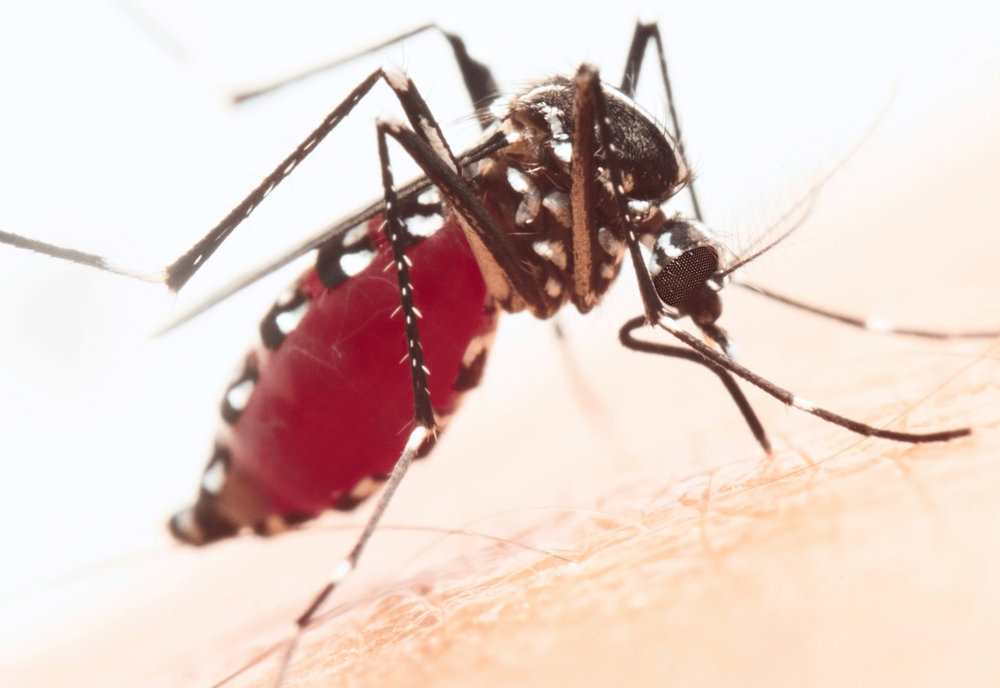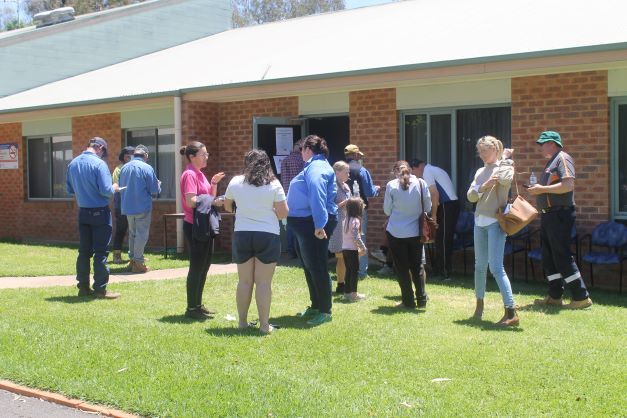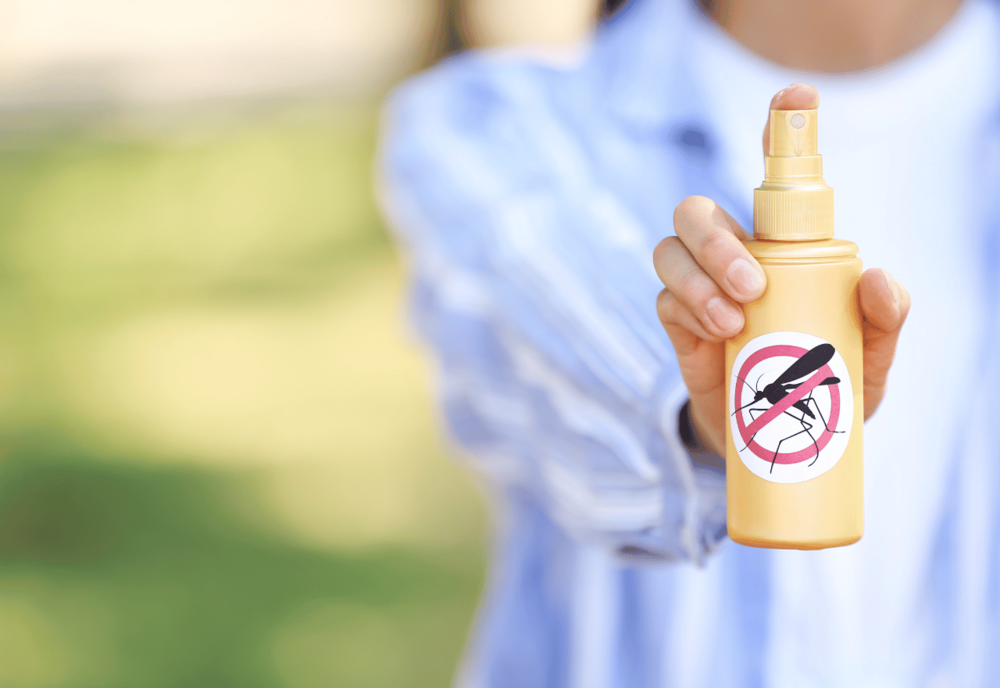Western NSW on alert for another dangerous virus
Lee O'Connor
29 January 2023, 6:40 AM
 The definition of living dangerously in western NSW as another mosquito-borne virus is detected.
The definition of living dangerously in western NSW as another mosquito-borne virus is detected.Health authorities have issued another warning around mosquito-borne diseases in the region.
There are fears that another arbovirus could take hold in western NSW with Murray Valley Encephalitis - which can cause a "rare but potentially serious infection of the brain" - detected in mosquitoes in the Macquarie Marshes in recent days.
Residents across the region are being urged to ensure they take steps to protect themselves from this latest health risk.
“There is no vaccination or specific treatment for MVE and the best way to avoid infection is to avoid being bitten by mosquitoes, which are most active between dusk and dawn," said Priscilla Stanley, Western NSW Local Health District’s Director of Public Health.
“People are still enjoying the warm weather and spending plenty of time outdoors, so it is incredibly important that everyone takes appropriate steps to protect against mosquito bites."
There have been no reports of MVE being diagnosed in humans in the Western local health district so far this year but Ms Stanley warns that most people infected with the virus do not have any symptoms.
“Only a small proportion of people infected will experience symptoms, symptoms to look out for include fever, headache, nausea, vomiting, loss of appetite, diarrhoea and muscle aches,” Ms Stanley said.
“Rarely, it causes severe neurological illness with headache, convulsions and reduced consciousness in some cases. Among those who get a severe infection, some may die or have lifelong neurological complications.”
The warning came just 24 hours after the NSW Government expanded the eligibility for free Japanese Encephalitis (JE) vaccinations.

JE was first detected in NSW in early March 2022 and a public alert was issued.
By early November, a number of western plains local government areas were identified among those at high risk for JE and a round of free vaccination clinics whipped around the region just a couple of weeks later.
Just before Christmas 2022, a Lake Cargelligo resident was diagnosed with JE and in recent weeks the eligibility criteria to access free JE vaccine from GPs has been loosened.
“There is risk from both MVE and Japanese encephalitis in the District and people should protect themselves from mosquito bites and get the Japanese encephalitis vaccine if they’re eligible," Ms Stanley said.
"NSW Health is further expanding free access to Japanese encephalitis vaccine to ensure residents living in high-risk regional areas are protected this mosquito season.”

Warren district residents gather for a Japanese Encephalitis vaccination during at a pop-up clinic in November 2022. IMAGE: Audrey Weston
In NSW, a free Japanese encephalitis virus vaccination is now available for people aged 2 months or older who live or routinely work in any of the below Local Government Areas and:
- Regularly spend time outdoors placing them at risk of mosquito bites, or
- Are experiencing homelessness, or
- Are living in conditions with limited mosquito protection (e.g. tents, caravans, dwellings with no insect screens), or
- Are engaging in outdoor flood recovery (clean-up) efforts, including repeated professional or volunteer deployments.
MVE virus is spread by mosquitos from infected animals to humans. The virus cannot be transmitted between humans.

Campaigns to educate the public about the dangers of mosquito borne diseases are being pushed by NSW Health including the Ozzie vs Mozzie and Spray up, Cover up, Screen up and Clean up messages to help keep mozzies away.
Protect yourself and your family from mosquito bites by:
- wearing light, loose-fitting long-sleeved shirts, long pants and covered footwear and socks, especially around dusk and dawn.
- applying repellent to all areas of exposed skin, using repellents that contain DEET, picaridin, or oil of lemon eucalyptus.
- re-applying repellent regularly, particularly after swimming, being sure to always apply sunscreen first and then apply repellent.
- using insecticide sprays, vapour dispensing units and mosquito coils to repel mosquitos (mosquito coils should only be used outside).
- covering openings such as windows and doors with insect screens and checking there are no have gaps in them.
- removing items that might collect water (such as old tyres, empty pots) outside your house where mosquitoes can breed.
- improving drainage on your property so that water does not become stagnant

Mosquito repellents are one line of defence against bites.




